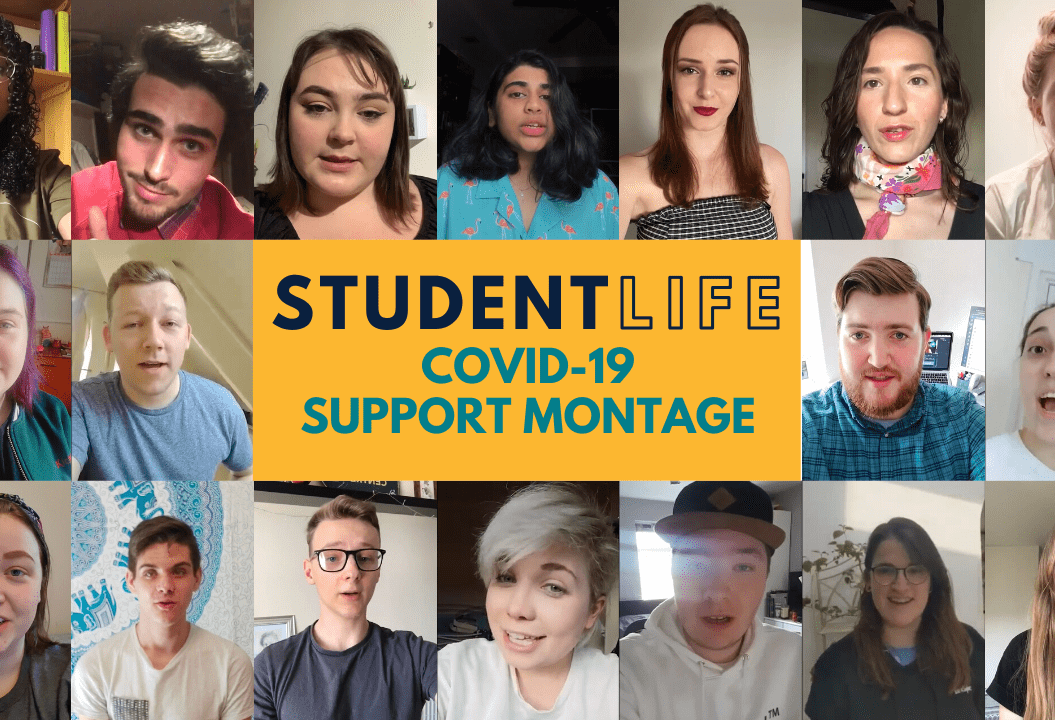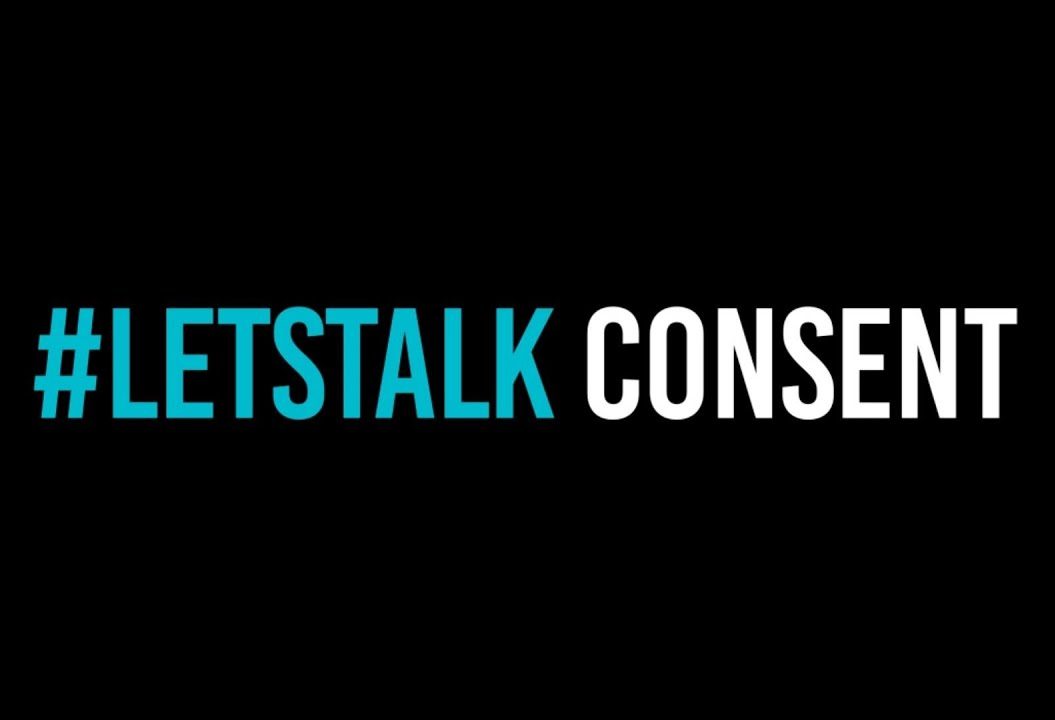A collection of articles written by students at Bishop Grosseteste University as part of their partnership on the Office for Students Mental Health Project.

5 tips for starting uni with dyslexia
March 24, 2021,
read.
This article is more than 3 years old
Before starting university, it is a great idea to get in touch with Student Support, who can signpost you in the right direction to find out what provisions they have in place for dyslexic students. You could also seek information from the British Dyslexia Association, which have a wealth of information for you to access.
As a student with dyslexia studying English Literature, I have discovered lots of tips that you might find useful! So, here are my top 5 tips for starting university with dyslexia.
Study something you love
A true passion for your subject can push you through the hard times.
Apply for Disabled Students Allowance
Dyslexia is a recognised disability and you are most likely eligible for the Disabled Students Allowance (DSS). You must have an official diagnosis, but this allowance can help towards the cost of equipment to help you with your studies. The diagnosis is an easy process and once you have that, your university should be able to help you set this up.
Plan everything
Time can be an issue when you have dyslexia, so making lists that organise your tasks in order of priority and having a whiteboard in front of you with deadlines for assignments and exams can be a lifesaver.
Be positive
Keep positive – you have been conditioned from an early age to work harder than your non-dyslexic peers, which means that perseverance and determination are part of your intrinsic character!
Believe in yourself
There is a huge list of highly successful people who have succeeded in all walks of life with dyslexia. They often have heightened creativity and problem-solving abilities which makes dyslexia a bit like having a superpower!
So, that’s 5 of my top tips for studying at university with dyslexia! I can honestly say that going to university is the best decision I ever made, and the university couldn’t be more supportive. We as dyslexic people are standing on the shoulders of those who have campaigned tirelessly for equal rights and support for those with learning differences and we should proudly stand tall, flying the flag and showing the world that dyslexic people can not only cope, but excel in higher education!







